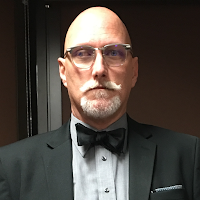Lectionary Reflection—20 November 2016
Colossians 1.11 (NLT; adapted): We also pray that you’ll be strengthened with all his glorious power so you’ll have all the endurance and patience you need. May you be filled with joy, always thanking the Father. He’s enabled you to share in the inheritance that belongs to his people, who live in the light. For he’s rescued us from the kingdom of darkness and transferred us into the Kingdom of his dear Son, who purchased our freedom and forgave our sins. Christ is the visible image of the invisible God. He existed before anything was created and is supreme over all creation, for through him God created everything in the heavenly realms and on earth. He made the things we can see and the things we can’t see— such as thrones, kingdoms, rulers, and authorities in the unseen world. Everything was created through him and for him. He existed before anything else, and he holds all creation together. Christ is also the head of the church, which is his body. H




